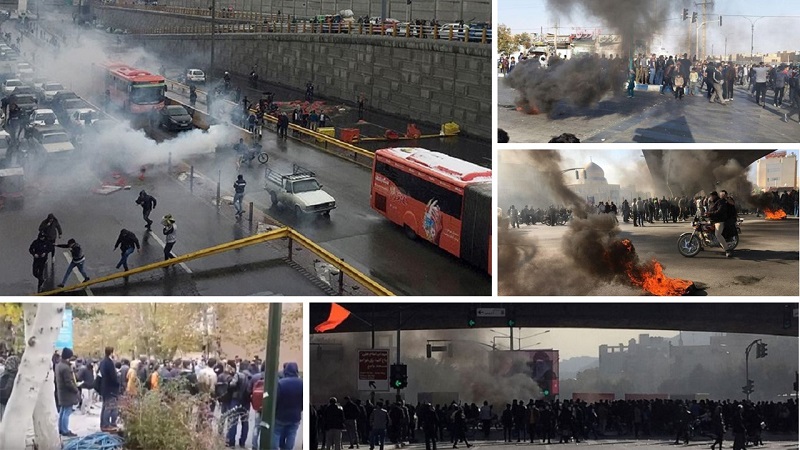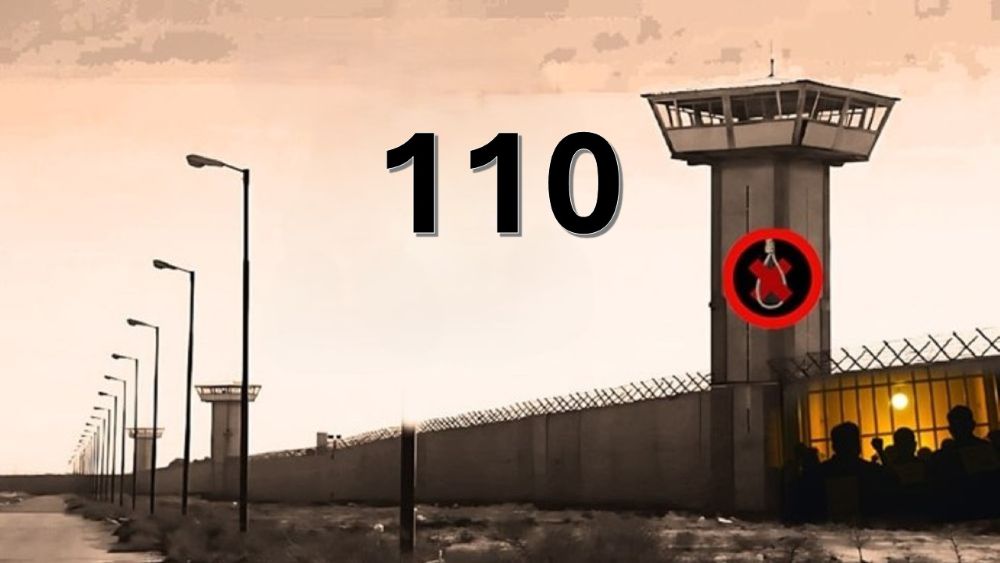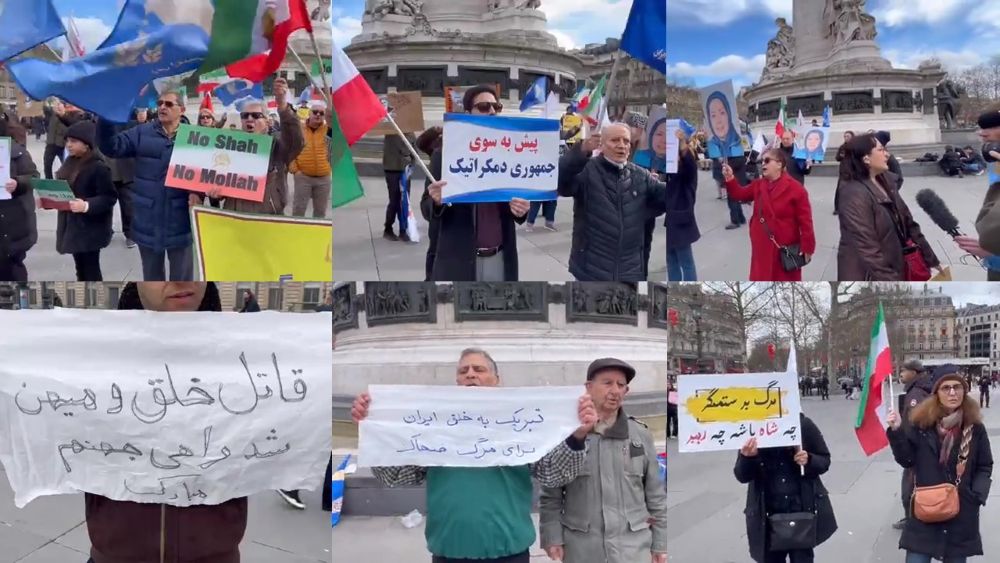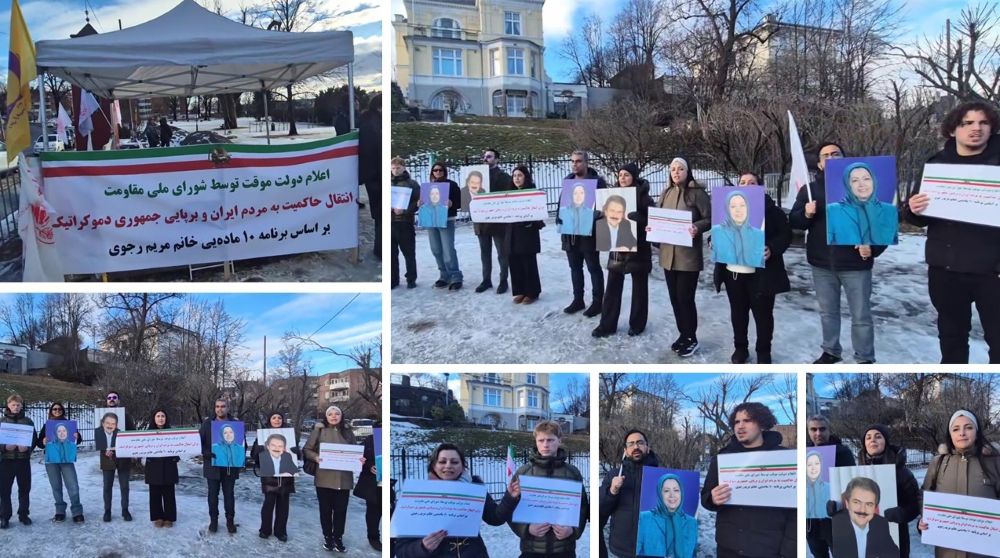
It was two years ago this month that major protests erupted across Iran. Iranians from nearly 200 cities and towns took to the streets as part of a nationwide uprising that began in response to the sudden hike in fuel prices, before focusing on calls for regime change as citizens showed their rejection of the Iranian regime and their policies.
The uprising shook the regime to its core, and out of fear of losing power, top officials ordered security forces to crackdown on the protests at any cost. Around the country, the security forces opened fire on the crowds, killing 1,500 people over the course of a few days. 12,000 others were arrested and detained, with many later being subjected to brutal torture over a period of several months.
The National Council of Resistance of Iran (NCRI) said, “The head of the judiciary at the time, and thus the ultimate overseer of all that torture, was Ebrahim Raisi, a clerical judge who had served the regime by justifying a wide range of human rights abuses since shortly after the 1979 revolution.”
During the 1988 massacre in Iran, Raisi was selected to sit on a panel of judges, known as the ‘death commission’, and was tasked with implementing a fatwa issued by then-Supreme Leader Ruhollah Khomeini. Political prisoners were interrogated by Raisi and other officials about their affiliations and political views, and those who refused to denounce the regime’s opposition, the People’s Mojahedin Organization of Iran (PMOI/MEK) were sent to the gallows to be executed.
The NCRI said, “That MEK accounted for 90 percent of the victims of the 1988 massacre, the overall death toll of which has been estimated at over 30,000.”
Following Raisi’s selection as the regime’s new president earlier this year, Amnesty International questioned the decision of elevating him to a high position within the regime instead of launching an investigation into his human rights abuses and crimes against humanity. Their Director-General Agnes Callamard stated that this outcome was a, “chilling reminder that impunity reigns supreme in Iran.”
The anniversary of the November 2019 uprising marks two years of the Western powers’ inaction to hold Raisi and the rest of the regime accountable for their actions. As President-elect of the NCRI, Maryam Rajavi said in a conference in July, following news of Raisi’s selection as the next president of Iran, his presidential inauguration would present the international community with a “litmus test of whether it will engage and deal with this genocidal regime or stand with the Iranian people.”
The European Union is one of the Western powers that has often overlooked Raisi’s past human rights abuses, and during his inauguration in August, they even sent a delegation to attend the event. This action was a complete insult to all of those people who have suffered under Raisi’s hands over the past four decades, and to the ones that have been campaigning to the international community, calling for Raisi’s prosecution.
Currently, in Iran, with the state of the economy and other crises affecting the lives of the Iranian people and causing unrest, the regime remains concerned about future uprisings. In early October, Supreme Leader Ali Khamenei declared to regime officials and security forces that security is the regime’s most important issue.
The NCRI said, “The anniversary of the 2019 uprising will inspire more unrest from Iran’s domestic activists and the MEK’s “Resistance Units,” and also that will prompt officials like Raisi to lean even further into the impulses that guided their actions in 1988 and beyond.”



